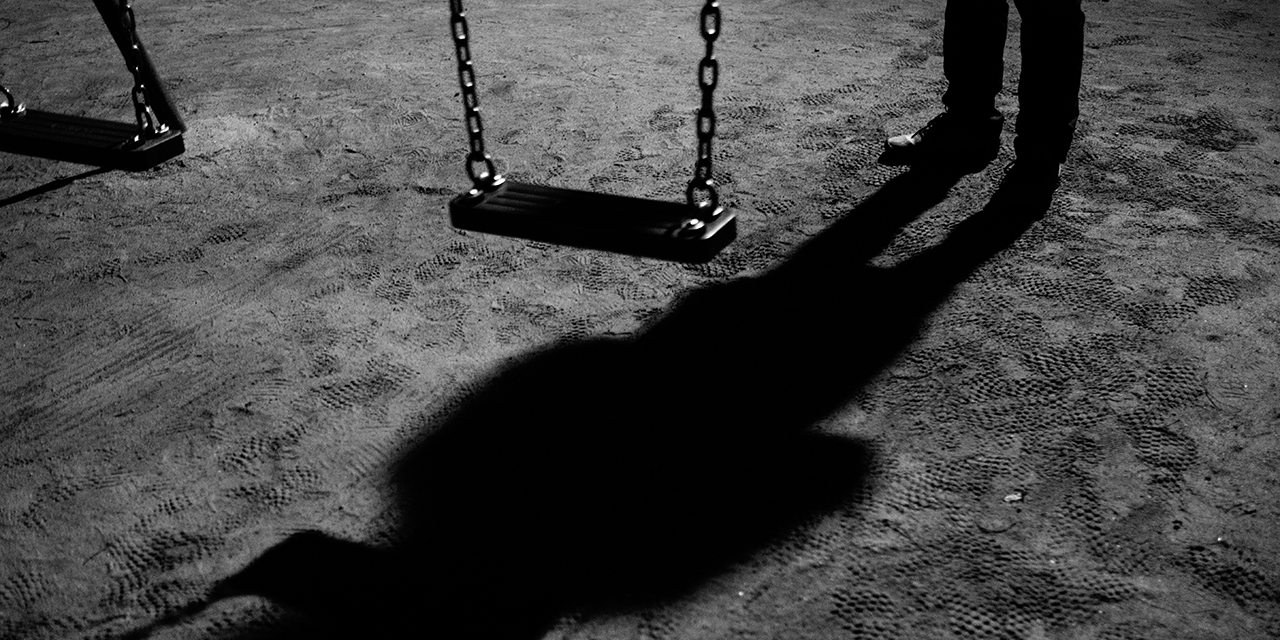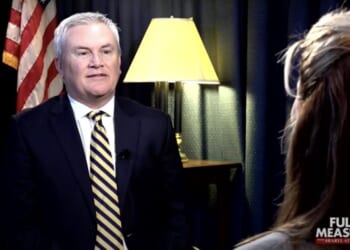
An alarming new movement insists that sexual attraction to minors is not a psychiatric disorder to be managed but an identity to be affirmed. Leading this effort is B4U-ACT, a Maryland-based organization founded in 2003 to support pedophiles, or as they call them, “Minor-Attracted Persons” (MAPs). From May 2 through May 4, 2025, the group will host a conference in Ohio to train mental-health providers in “affirmative MAP therapy,” which seeks to help clients accept their “age of attraction” as an intrinsic and valid part of their identity. This approach abandons clinicians’ traditional risk-management focus when treating pedophiles and raises serious concerns about public safety.
Historically, mental-health professionals have classified pedophilia as a paraphilia, a psychiatric disorder characterized by an abnormal or harmful sexual interest in anyone or anything other than a legally consenting adult. For decades, clinicians treating pedophilia have sought to manage clients’ harmful impulses, prevent abuse, and protect potential victims. Researchers and clinicians working in this tradition aim to understand the condition and develop prevention strategies. They are in a tough position: to get pedophiles to participate, they must create nonjudgmental environments where they feel safe enough to disclose sensitive information, even though the language used can seem, to outsiders, to validate pedophilia. Working with pedophiles can help prevent child abuse, but the public often wrongly accuses these professionals of condoning it. Researchers typically distinguish people with pedophilic inclinations from those who act on them, and believe that such impulses can be effectively managed with cognitive-behavioral therapy, medications that lower sexual drive, and structured support groups.
Finally, a reason to check your email.
Sign up for our free newsletter today.
B4U-ACT, however, advances a different model. The group believes that attempts to alter pedophilic desires are not just ineffective but unethical, and it insists that efforts to reduce patients’ attraction to children through “reconditioning methods” or sex-drive-reducing drugs are harmful—drawing direct comparisons to conversion therapy for homosexuality. The organization discourages clinicians from diagnosing clients with Pedophilic Disorder and instead claims that pedophilia is a “sexual age orientation.”
Founded by social worker Russell Dick and convicted child sex offender Michael Melsheimer, B4U-ACT includes pedophiles in its working group and invokes the activist slogan “nothing about us without us,” arguing that pedophiles should help shape therapeutic models. Though the group states on its website that it does not endorse sexual contact between adults and minors, individuals familiar with B4U-ACT note that its language around consent is worryingly ambiguous, allegedly referring to so-called “willing” children.
Affirmative MAP therapy, the alternative treatment model that B4U-ACT promotes, encourages individuals to integrate their attraction to minors into their sense of self. The group argues that “one’s attraction to minors is often an important part of an MAP’s identity, in some cases being the most important aspect of their sexual identity.” Their therapeutic approach draws from LGBT-affirmative psychotherapy, which “treats sexual feelings as innate, unchangeable, and subject to personal acceptance.” B4U-ACT also borrows from American Psychological Association guidelines on “sexual minorities,” encouraging “acceptance of one’s age of attraction.”
B4U-ACT repeatedly compares pedophilia with homosexuality, likening the stigma gay people once faced to the “oppression” experienced by pedophiles. This is a misleading comparison: unlike adults in same-sex relationships, children can never consent to sex with adults. Equating these fundamentally different forms of sexual conduct erases the moral and legal distinction between adult relationships and child victimization.
The group nevertheless casts pedophilia in a sympathetic light. Its materials describe pedophilic feelings as a form of “romantic affection” and a “desire for friendship,” and claim that pedophiles often seek to “protect children and make them happy.” It frames pedophiles as members of a “marginalized” community who “face stigma, discrimination, and oppression on multiple levels.”
In one document discussing purported “injustices” faced by pedophiles, B4U-ACT presents the case of one fired from his high school teaching job after getting caught posting on a pedophile chat forum. As he described it: “I was fired from a HS teaching position because the school admin found out I was posting on BoyChat. I was put on a watch-list. I took my credentials to other districts and went right on with my teaching career.” B4U-ACT presents this as employment-based discrimination, but one who is sexually attracted to children should never hold a position with proximity to, and authority over, minors. Public safety trumps concerns about adult employment prospects.
Pedophiles should be encouraged to seek therapy and help, but efforts to destigmatize their condition can do more harm than good. Some stigmas serve a critical function: socially reinforcing moral boundaries and protecting vulnerable populations. Efforts to normalize or affirm a sexual attraction to children risk undermining public safety and weakening the social barriers that prevent exploitation and abuse.
That push for affirmation is wrapped in the language of progressivism, as seen in the agenda for B4U-ACT’s upcoming conference. The meeting features sessions on “Promoting Social Justice and Advocacy for MAPs,” “Intersectionality, Neurodivergence, and Age Dysphoria,” and several on “Self-Acceptance.” It also advertises financial assistance for attendees with “multiple minoritized identities” and offers “BIPOC” (black, indigenous, and people of color) attendees a 10 percent discount.
The group’s website highlights the speakers’ social-justice credentials. One presenter, Nadav Antebi-Gruszka (“they/them”), is described as a therapist who “proudly serv[es] and celebrat[es] sexual and gender diverse people, and especially MAPs.” Another, social worker Kristin Spooner (“she/they”), earned a doctorate in social work with a focus on “antiracism, social justice, anti-stigma, and sexual health,” and is passionate about “offering sex-positive and judgment-free treatment to individuals navigating minor-attraction.” Spooner’s dissertation and capstone projects focused on addressing social worker stigma toward pedophiles, specifically by “creating an anti-stigma curriculum for master’s level students.” Such efforts could help these seemingly marginal ideas take hold among professional social workers.
A distinction must be maintained between pedophiles and other supposed minority groups. Pedophilic attraction is a terrible aberration. Those afflicted with it who have not acted on it should be helped. But their pedophilic interests should never be affirmed as an important part of their identity.
To the extent that paraphilias can be managed, the clinical focus must remain on impulse control. Analogies from other psychiatric conditions are instructive. In obsessive-compulsive disorder, compulsive behaviors become more entrenched the more they are indulged. In cases of post-traumatic stress disorder, repeatedly revisiting traumatic memories can reinforce their psychological hold. Paraphilic disorders operate similarly: entertaining or affirming deviant fantasies tends to intensify the underlying urges. This is the central danger in encouraging individuals to incorporate such desires, particularly those directed at children, into their self-conception. Suppression, not affirmation, offers the clearest path toward reducing pathological attractions over time.
Therapy is not meant to validate every feeling or affirm every identity claim. Its purpose is to help individuals confront harmful impulses, not weave them into their sense of self. Yet under the influence of progressive activism, groups like B4U-ACT are recasting pedophilic attraction as something to be accepted rather than contained. In doing so, they risk collapsing critical moral distinctions and shifting the focus away from the safety and well-being of children—the population most in need of protection.
Photo: liebre / iStock / Getty Images Plus
Source link















